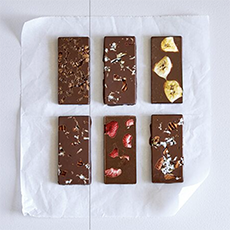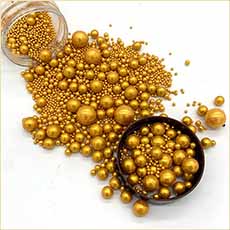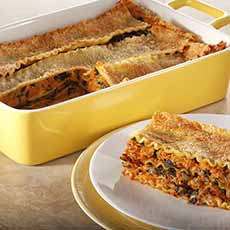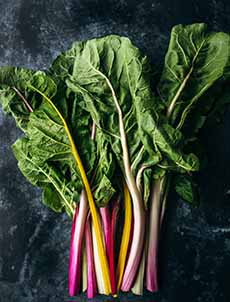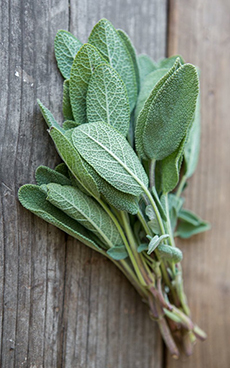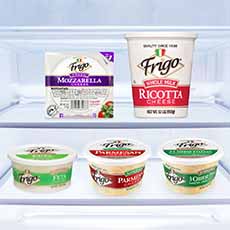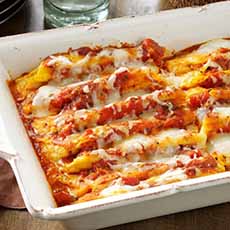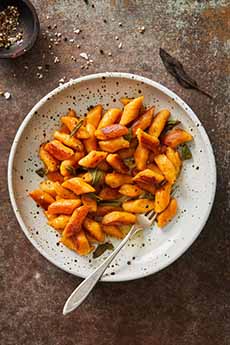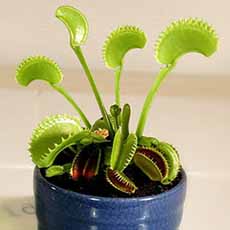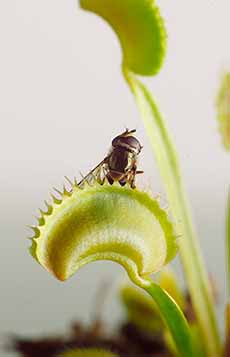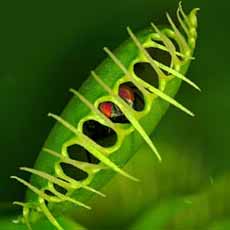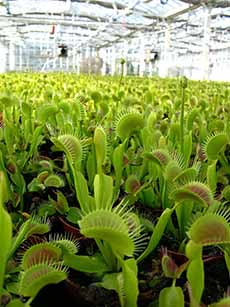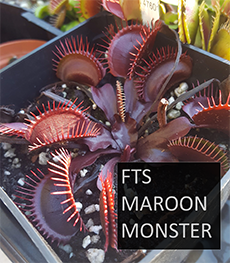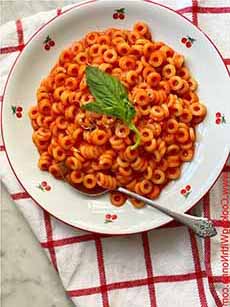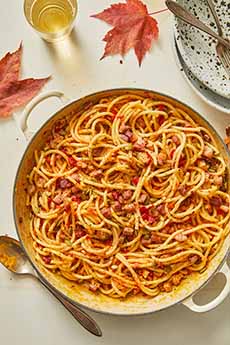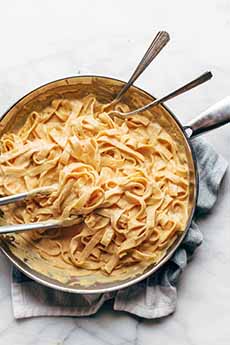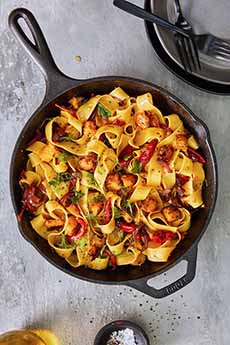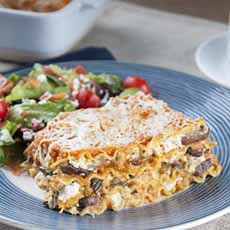|
Many people may be used to having insects in their homes. We’re not. We live on the thirty-third floor of a sterile apartment building. The windows may not be hermetically sealed, but there are good screens to keep out insects when we have the windows open. So when a flying insect appeared in our kitchen 9 months ago, we were outraged. “You don’t pay rent here,” we screamed. “Get out!”
Alas, the bug was deaf to our entreaties.
It was not a housefly; we can say nothing more than it was a “small flying insect.”
Many times it flew past our face, flaunting itself. Our quick reaction, aiming to crush it between our palms, was not quick enough.
So we headed to the hardware store, to purchase flypaper. Result: unsuccessful.
Since the flypaper came in three rolls, we took the next two months to install a roll in a different room. But the bug did not stick to our plan.
We knew that flying insects do not have long lifespans. Should we just wait for this one to die?
Six months later, we were still waiting. We checked exterminator websites.
“Most bugs have pretty short lifespans,” said one. “Mosquitoes and gnats live for about a week. Houseflies live about 28 days.”
Fruit flies (which ours was not) live 40 to 50 days.
Why was our tormentor still alive, month after month?
We went back online and got this suggestion: Mix equal parts vinegar and dish soap in a bowl, then leave it out in a place where you see flies frequent the most. The vinegar will attract the flies while the dish soap will trap them.
No such luck.
Then we thought to lay out some honey. After all, you can catch more flies with honey than with vinegar, right?
Wrong.
We realized our good fortune: that the bug did not bite, it did not hatch any eggs in our apartment, and we had no other, even less desirable, insect residents. But we were still affronted by that flying so-and-so’s will to live in a space to which it had no entitlement. A winged squatter.
One day, it hit us: a Venus flytrap.
“The world-renowned Venus Flytrap is the most spectacular example of carnivorous plants thanks to the dramatic manner in which it catches its prey,” we read on the website of Rocket Farms nursery. “Being one amongst the small number of plants capable of very rapid movement, it can snap shut to catch even the fastest of insects; a feat beyond even most people.”
The plant attracts small insects with its sweet-smelling nectar, then snaps shut on them and digests them.
That must be our solution. But where does one purchase a Venus flytrap? Not at any flower shop in our town.
We looked online and found some at Rocket Farms.
Despite the imagination that might evoke Audrey II from Little Shop Of Horrors, Venus flytraps are attractive plants.
The ones sold by Rocket Farms are baby flytraps: adorable when young, and no doubt beautiful when they grow larger. Assuming we can keep ours alive. We have the black thumb of death.
Since we can’t even keep a basil plant alive, imagine our terror when dealing with a sensitive plant that needs:
Distilled water, to keep the plant moist at all times.
Lots of bright, indirect sunlight.
Fertilizer in the form of insects (or substitute a very mild amount of plant fertilizer).
So, did the flytrap eat our insect?
Alas, no. We had ideal light. We bought the distilled water, the fertilizer, and a little pan to fill with distilled water (the flytrap absorbs water through its roots).
A month later, the little bugger was still flying around. Our guess is that our flytrap was still too small to work its magic. But there’s a happy ending.
One day as we stood in the kitchen with our housekeeper and the insect flew past us, we lunged for it. As usual, it was too fast.
But an hour later, the talented Fabiola came into my home office to show me her prize. She had killed pest! Huzzah!
Don’t let that stop you from buying a Venus flytrap. If you have a green thumb, head to Rocket Farms and buy a few.
There are more exotic color varieties, including Maroon Monster, Purple Ambush, and Red Dragon.
Venus flytraps also eat crawling insects. In their native habitat, Venus flytraps don’t often capture flies, but feast upon many kinds of crawling insects, including beetles and ants.
And they’re so much more interesting than succulents!
Here’s more interesting information we dug up about Venus flytraps.
TRIVIA: Venus flytraps are native to only a small area of the coastal plain in North and South Carolina. There are 66 species of carnivorous plants in the U.S., and an astounding 36 of them live in North Carolina. What’s up?
Acidic soils, low nutrients, and a high water table provide excellent habitat for carnivorous plants to thrive [source].
|
